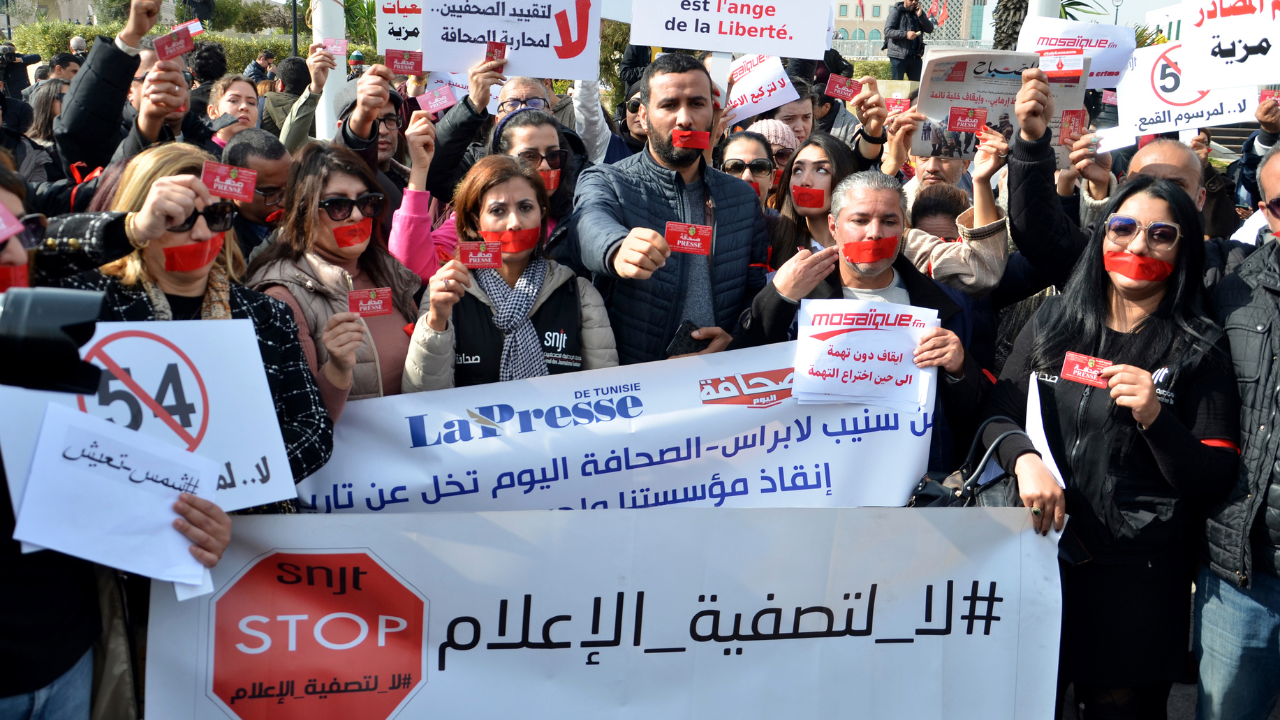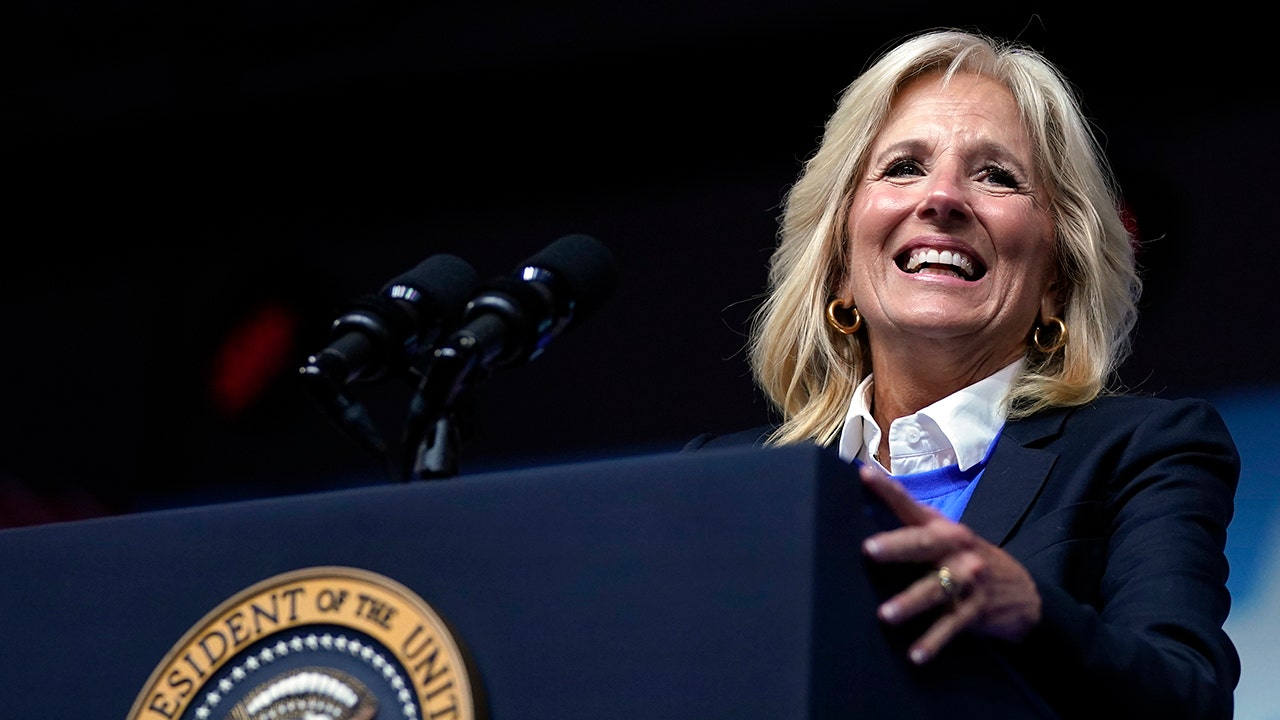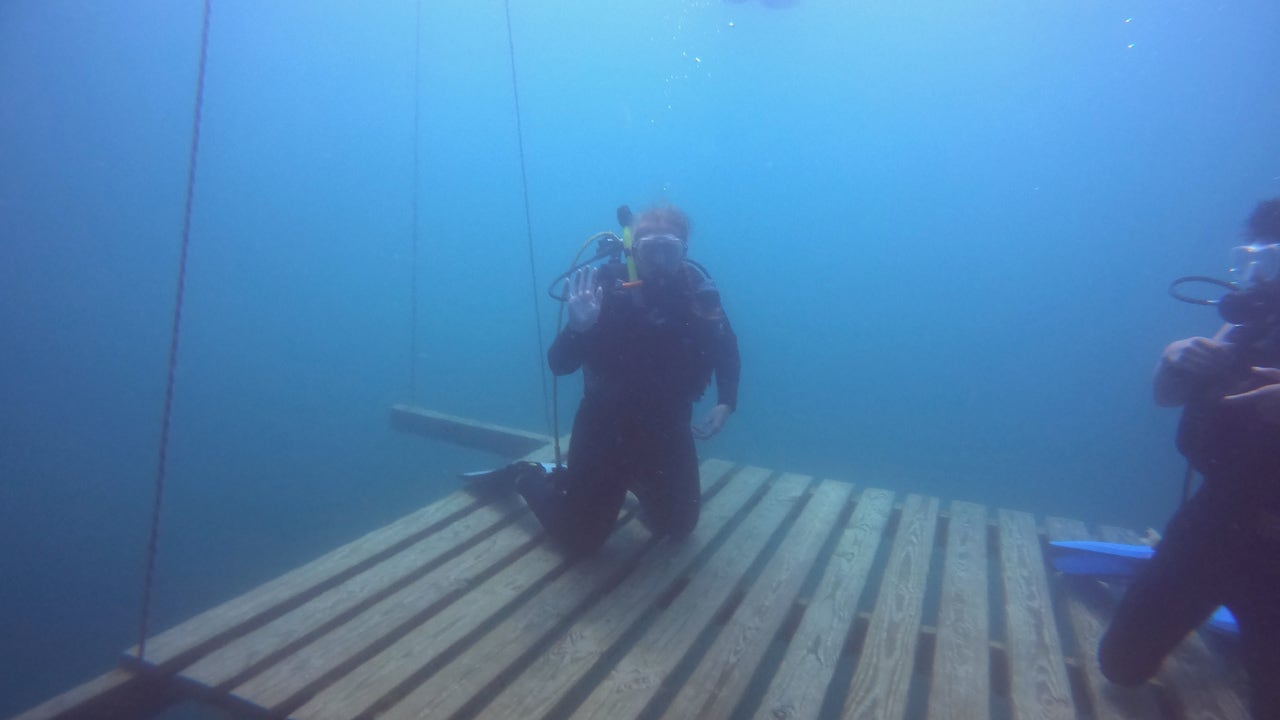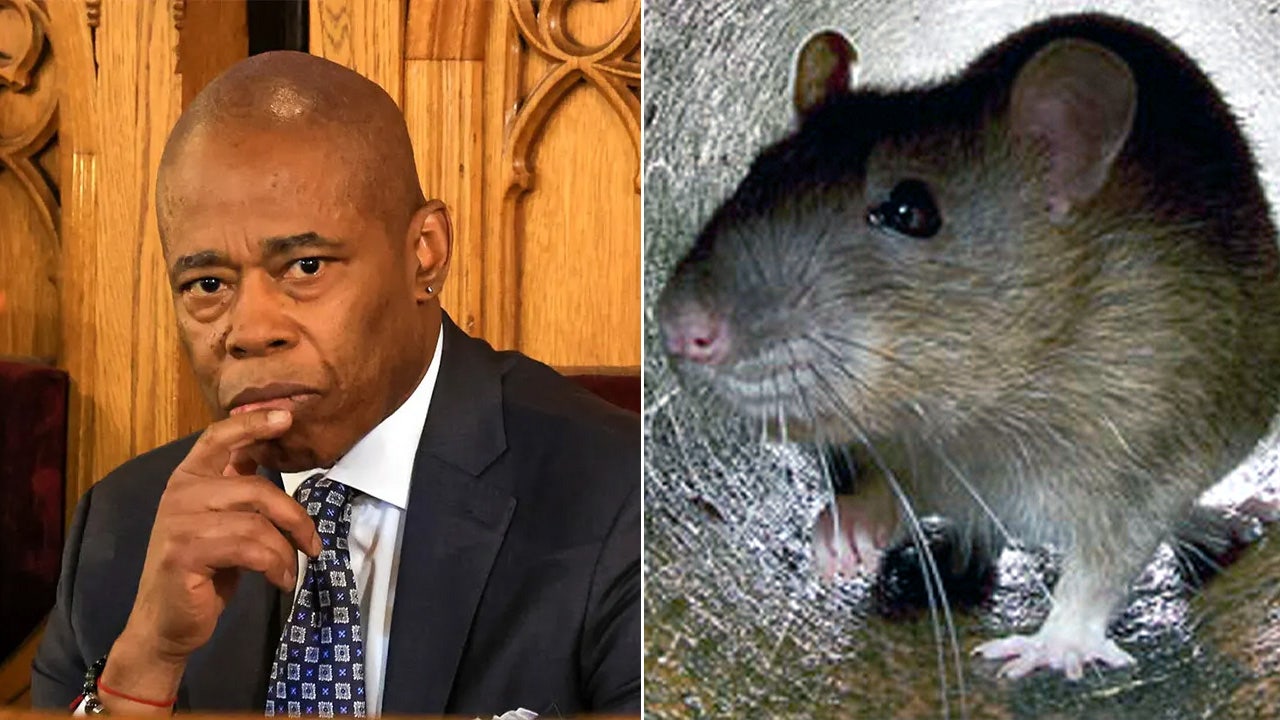World
Morocco-Spain-Portugal to host 2030 World Cup, Saudi Arabia to bid for 2034

The first three games of the 2030 tournament will be held in South America to mark its 100th anniversary.
The international football body FIFA has announced that the 2030 football World Cup will be hosted by Morocco, Portugal, and Spain, with the first three matches held in Argentina, Paraguay, and Uruguay to mark the 100-year anniversary of the tournament.
The decision, announced on Wednesday, means the World Cup will be held in six different countries across three continents.
“The FIFA Council unanimously agreed that the sole candidacy will be the combined bid of Morocco, Portugal, and Spain, which will host the event in 2030 and qualify automatically from the existing slot allocation,” FIFA said in a statement.
“Additionally, having taken into account the historical context of the first-ever FIFA World Cup, the FIFA Council further unanimously agreed to host a unique centenary celebration ceremony in the country’s capital, Montevideo … as well as three World Cup matches in Uruguay, Argentina and Paraguay respectively.”
Meanwhile, Saudi Arabia has announced its intention to bid to host the 2034 FIFA World Cup, state news agency SPA reported on Wednesday.
The bid “intends to deliver a world-class tournament and will draw inspiration from Saudi Arabia’s ongoing social and economic transformation and the country’s deep-rooted passion for football,” said a statement from the Saudi Arabian football federation.
FIFA said bids for the 2034 World Cup would be limited to Asia and Oceania, because of Wednesday’s decision and the 2026 tournament allocated to the Canada, Mexico and the United States – the first to include men’s teams from 48 different countries.
Apart from Saudi Arabia, the other likely contender is Australia which jointly hosted this year’s women’s World Cup with New Zealand.
📷
FIFA Council takes key decisions on FIFA World Cup™ editions in 2030 and 2034: Morocco, Portugal and Spain joint bid is the sole candidate to host FIFA World Cup 2030™
➡️https://t.co/cKJec1tIE4 pic.twitter.com/mwLRerCIlg— FIFA Media (@fifamedia) October 4, 2023
Meant to pay homage to the inaugural World Cup, hosted and won by the South American nation of Uruguay in 1930, the decision may be viewed as excessively complex – it will involve large amounts of travel between different continents and time zones.
The agreement was reached on Wednesday between the sport’s continental leaders.
“The centennial World Cup could not be far from South America, where everything began,” said Alejandro Dominguez, the president of South American football organisation CONMEBOL. “The 2030 World Cup will be played in three continents.”
Morocco is the second African country to host a World Cup, following the 2010 edition in South Africa. Argentina hosted the 1978 tournament and Spain the 1982 edition.
Portugal and Paraguay will host World Cup games for the first time like Morocco, but all three have staged continental championships in the past.
The tournament will take place in June and July of 2030, with 104 matches scheduled.
The most recent Men’s World Cup was hosted by the Middle Eastern nation of Qatar in 2022, culminating in a spellbinding final between France and Argentina, with Argentina emerging victorious.
The most recent Women’s World Cup was hosted by Australia and New Zealand in July and August, with Spain beating out England in the final.

World
Citi fined $79 mln by UK regulators over 'fat-finger' failures

World
Tunisian journalists jailed for criticizing the government, sparking outcry over press crackdown

- Two Tunisian journalists were sentenced to one year in prison for criticizing the government.
- Each journalist received six months for disseminating “fake news” and an additional six months for “making false statements with the aim of defaming others.”
- Both journalists denied the allegations, citing Tunisia’s laws protecting freedom of expression established after the 2011 revolution.
A Tunisian court on Wednesday sentenced two TV and radio journalists to one year in prison for criticizing the government on their programs and on social networks.
Borhane Bsaïs and Mourad Zeghidi were each given six months’ imprisonment for disseminating “fake news” and an additional six months for “making false statements with the aim of defaming others,” in reference to Tunisian President Kaïs Saied, court spokesperson Mohamed Zitouna said.
The sentences come less than two weeks after both were arrested. They are among a broader group of journalists, activists and lawyers charged under Decree 54, a law criminalizing the dissemination of “fake news” aimed at harming public safety or national defense.
TUNISIAN LAWYERS STRIKE IN PROTEST, ALLEGING TORTURE OF ARRESTED COLLEAGUE
The law, passed in 2022 to fight cybercrime, has been widely criticized by rights advocates who say the offenses are vaguely defined and are being used to crack down on the president’s critics.
Journalists display their press cards during a protest highlighting threats to press freedom and the resurgence of authoritarianism, following the arrest of Radio Mosaïque’s general manager, Noureddine Boutar, on Feb. 16, 2023, in Tunis. A Tunisian court on Wednesday sentenced two TV and radio journalists to one year in prison for criticizing the government. (AP Photo/Hassene Dridi, File)
Both Bsaïs and Zeghidi denied the allegations. In court, they referred to laws protecting freedom of expression that Tunisia enshrined after its 2011 revolution, when it became the first country in the Middle East and North Africa to topple a longtime dictator. Both said they were simply doing their jobs, analyzing and commenting on political and economic developments in Tunisia.
“I am neither for nor against the president. Sometimes I support his choices, sometimes I criticize them. It’s part of my job,” Zeghidi said.
Bsaïs, host of the radio show “Emission Impossible” (“Impossible Program” in English) was accused of undermining the president on the air and in Facebook posts made between 2019 and 2022. It’s unclear why authorities targeted old posts like his as they pursue a growing number of Saied’s political critics.
He defended his opinions and in court objected to being brusquely arrested last week “like a dangerous criminal.”
The trial has drawn international condemnation and sparked criticism in Tunisia, where many journalists gathered in front of the court in a show of support.
“We are all on provisional release because any journalistic work can give rise to prosecution,” Zied Dabbar, president of Tunisia’s National Journalists Syndicate, said of Decree 54. He said 39 journalists have been prosecuted under the law this year.
Saied has faced criticism for suspending parliament and rewriting the constitution to consolidate his own power three years ago. Critics have spoken out against the government’s approach to politics, the economy and migration in the Mediterranean in the years since.
World
Russia arrests another general on bribery charges

Authorities arrest Lieutenant-General Vadim Shamarin, latest in a string of bribery arrests of high-ranking officials.
Marking the fourth arrest of a high-ranking military official in a month, Russia has detained Lieutenant-General Vadim Shamarin, deputy head of the army’s general staff, on suspicion of large-scale bribe-taking.
A military court ordered on Wednesday that Shamarin, who also heads the Ministry of Defence’s main communications directorate, be jailed for two months, according to the state-run TASS news agency.
Shamarin’s detention follows the arrests of other top defence officials as part of an effort to stamp out corruption relating to the awarding of lucrative military contracts.
Earlier this month, Major-General Ivan Popov, a former top commander in Russia’s offensive in Ukraine, and Lieutenant-General Yuri Kuznetsov, head of the Defence Ministry’s personnel directorate, were arrested on bribery charges.
In April, Deputy Defence Minister Timur Ivanov, a close associate of former Defence Minister Sergei Shoigu, was also arrested for alleged bribery. President Vladimir Putin later dismissed Shoigu as defence minister soon after his inauguration in May, replacing him with economist Andrei Belousov.
Shoigu had been widely blamed for Russia’s failure to capture Kyiv early in the Ukraine fighting and was accused of incompetence and corruption by Yevgeny Prigozhin, chief of the mercenary Wagner Group, who died in a plane crash last year after launching a “failed mutiny”.
Three other people have also been arrested as part of the crackdown – a friend of Ivanov, a boss at a construction company alleged to have paid bribes, and the former head of several companies subordinate to the Defence Ministry.
Shamarin is a deputy to General Valery Gerasimov, head of the general staff. Gerasimov has not been accused of any wrongdoing, though he has at times faced harsh criticism over the performance of Russia’s military in the war in Ukraine.
The Kremlin denied on Thursday that authorities were carrying out a targeted purge.
“The fight against corruption is an ongoing effort. It is not a campaign. It is an integral part of the activities of law enforcement agencies,” Kremlin spokesman Dmitry Peskov told reporters.
Major assault
The arrests and change of leadership at the Defence Ministry comes as Russian forces made one of its most significant battlefield advances in 18 months with a major assault on Ukraine’s northeastern Kharkiv region.
The latest Russian attacks on the city of Kharkiv, the regional capital, killed six people and injured at least 16, local authorities said on Thursday.
Governor Oleh Syniehubov said Russian forces struck Kharkiv about 10 times. The attack also targeted Zolochiv and Liubotyn in the Kharkiv region, injuring at least two people in each town, he said.
Posting on Telegram, Syniehubov reported that nearly 11,000 people had been forced to leave their homes in the region since Russian forces launched their ground attack on May 10.
Meanwhile, Ukraine launched a drone at a village in Russia’s Belgorod border region and shelled the occupied city of Gorlivka in its east on Thursday, killing two people, local authorities said.
The Russian Defence Ministry said on Thursday that its air defence systems in Belgorod destroyed three Olkha and 32 Vampire rockets and three drones launched by Ukraine overnight.
The Kremlin says its new Kharkiv offensive is aimed at creating a “security zone” to prevent future Ukrainian attacks across its border.
-

 World1 week ago
World1 week agoPro-Palestinian university students in the Netherlands uphold protest
-

 Politics1 week ago
Politics1 week agoReports of Biden White House keeping 'sensitive' Hamas intel from Israel draws outrage
-

 Politics1 week ago
Politics1 week agoSouthern border migrant encounters decrease slightly but gotaways still surge under Biden
-

 Politics1 week ago
Politics1 week agoWhite House walks diplomatic tightrope on Israel amid contradictory messaging: 'You can't have it both ways'
-

 World1 week ago
World1 week agoSlovakia PM Robert Fico in ‘very serious’ condition after being shot
-

 Politics1 week ago
Politics1 week agoDem newcomer aims for history with primary win over wealthy controversial congressman
-

 Politics1 week ago
Politics1 week agoJill Biden tells Arizona college graduates 'community colleges should be free in America'
-

 News1 week ago
News1 week agoDespite state bans, abortions nationwide are up, driven by telehealth
















